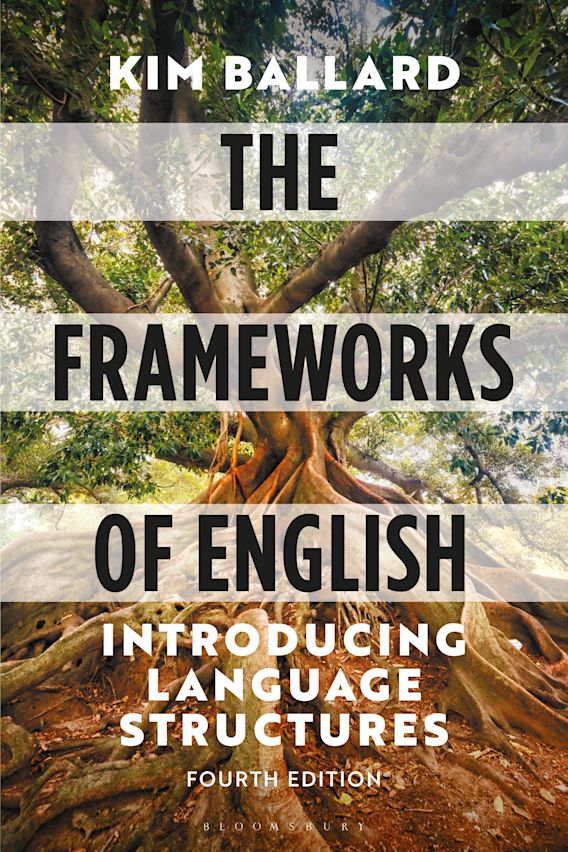



johndoe@gmail.com
Are you sure you want to reset the form?
Your mail has been sent successfully
Are you sure you want to remove the alert?
Your session is about to expire! You will be signed out in
Do you wish to stay signed in?
Question 1 (Consolidate)
Identify the different lexemes in the following fragment (from The Art of Travel by Alain de Botton) and group them into word classes (according to their function in this sentence) using a dictionary citation form. Make a note of any difficulties or issues you encounter in carrying out this exercise.
On disembarking at Amsterdam’s Schiphol Airport, only a few steps inside the terminal, I am struck by a sign hanging from the ceiling that announces the ways to the arrivals hall, the exit and the transfer desks. It is a bright yellow sign…
Answer
| nouns | Amsterdam, Schiphol Airport, step, terminal, sign, ceiling, way, arrival, hall, exit, transfer, desk |
| verbs | disembark, strike, hang, announce, is |
| adjectives | bright, yellow |
| adverb | only |
| pronouns | I, that, it |
| determiners | a few, the, a |
| auxiliary verb | am |
| prepositions | on, at, from, inside, by, to |
| conjunction | and
|
Question 2 (Explore)
Based on your findings in the first part of this exercise, what did you find to be problematic, and why?
Answer/discussion
First, there are several issues relating to the nouns. Proper nouns like Amsterdam and Schiphol Airport are not normally found in a dictionary (although airport would occur as a common noun). Nevertheless, there are sound arguments for treating proper nouns as lexemes. Next, you may have wondered whether arrivals hall and transfer desk should be treated as compound nouns, since they are in common use and refer to specific airport locations. These examples raise the question of when a word combination can be regarded as a distinct lexeme. Arrivals is also of interest: as a plural noun it can occur on its own to signify the arrivals area of an airport (I arranged to meet her in arrivals), so should it be treated separately from arrival? (You may have considered this singular/plural issue in relation to steps: in some contexts steps refers to stairs or a ladder, but in the extract ‘walking’ is implied.)
The verbs have been given in their base form, with the exception of is. Although we can treat is as an irregular word form belonging to the lexeme be, dictionaries list is as a separate entry to ensure users will find it. The same is true of the word form am, which also belongs to the lexeme be. You may remember that be is a primary verb, meaning it can be used as a lexical verb or an auxiliary verb. In the passage, am is used as an auxiliary.
With regard to the grammatical words, you may have had trouble with only a few steps. The adverb only is an intensifier – the only type of word that can precede (and modify) a determiner in a noun phrase. The discussion in Exercise 2.4 gives an account of a few.

.